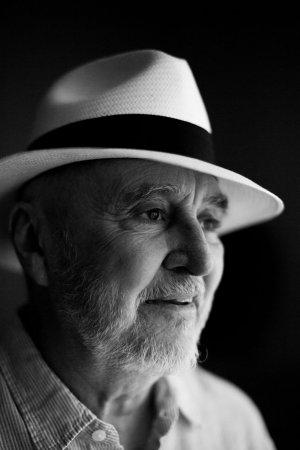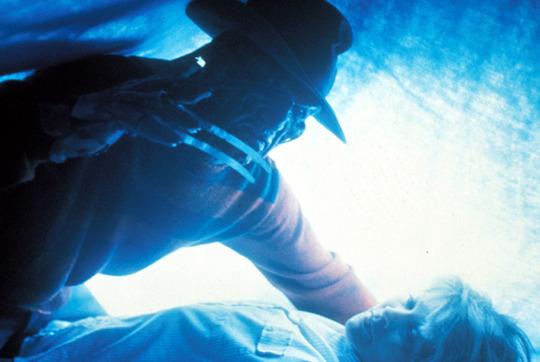
Wes Craven, the famed writer-director of horror films known for the Nightmare on Elm Street and Scream movies, died Sunday after a battle with brain cancer. He was 76.
Craven,
whose iconic Freddy Krueger character horrified viewers for years, died
at his home in Los Angeles, his family announced. Survivors include his
wife, producer and former Disney Studios vice president Iya Labunka.
Craven
was a longtime summer resident of Martha’s Vineyard, where he moved
permanently three years ago before returning to Los Angeles for work and
health reasons.
Craven claimed to have gotten the idea for Elm Street when living next to a cemetery on a street of that name when growing up in the suburbs of Cleveland. His five Nightmare on Elm Street films were released from 1984-89.
Similarly, Craven’s Scream
series was a box-office sensation. In those scare-‘em-ups, he spoofed
the teen horror genre. The movies frequently referenced other horror
movies.
Craven’s first feature film was The Last House of the Left, which he wrote, directed and edited in 1972.
He invented the youth horror genre again in 1984 with the classic A Nightmare on Elm Street, which he wrote and directed. He conceived and co-wrote Elm Street III
as well, and then after not being involved with the three more sequels,
deconstructed the genre a decade after the original, writing and
directing Wes Craven’s New Nightmare, which was nominated as best feature at the 1995 Spirit Awards. His own Nightmare players, Robert Englund, Heather Langenkamp and John Saxon, played themselves in the film.

In 1996 Craven reached a new level of success with the release of Scream. The film, which sparked the phenomenal trilogy, grossed more than $100 million domestically, as did Scream 2 (1997). Between Scream 2 and Scream 3, Craven, offered the opportunity to direct a non-genre film for Miramax, helmed Music of the Heart
(1999), a film that earned Meryl Streep an Academy Award nomination for
best actress in the inspirational drama about a teacher in Spanish
Harlem.
“We
had a very difficult time getting an audience into a theater on my
name,” he once said about that film. “In fact, we moved toward
downplaying my name a lot on Music of the Heart. The more famous you are for making kinds of outrageous scary films, the crossover audience will say, ‘I don’t think so.
Comments
Post a Comment